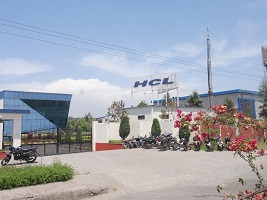While demand for cybersecurity services continues to be strong for HCL Technologies, talent remains an area of concern. To cater to the demand, the company is employing and training fresh graduates in security roles, according to Maninder Singh, its corporate vice-president for cybersecurity.
“My view is that a lot of youngsters are realising that security is a career option. They’re coming in, but it will take a while to fill the talent gap. When you actually float a resume in security and say you want a 10 years experienced professional, it is better to cut out the zero. It is better that you look for a fresh grad who will be more exposed to current technologies which are running and understand the current security landscape,” Singh said.
HCL is working closely with universities in India, the US and Europe, and increasingly hiring locally. These are either graduates who have done cyber security as a specialised subject in Bachelor of Science (BSc) or Bachelor of Technology (BTech) or a Masters with cyber security as a specialisation.
Singh said most fresh graduates adapt well to security requirements of Cloud, hybrid models and other digital technologies. “I’m not saying that experienced talent is not important. They are required, because they have so much they can contribute from what they have seen in the last 15-20 years,” Singh added.
While agreeing that the hype around cybersecurity has slowed down, Singh said the spate of global, high profile cyberattacks in the last two years have made boardrooms across industries take cybersecurity seriously. Last year saw some high profile data breaches at some of the largest firms in the world, including Facebook, British Airways, Macy’s and so on.
According to a recent report by cybersecurity firm Kaspersky, data breaches are becoming more expensive for enterprises. In 2019, the cost has risen to $1.41 million from $1.23 million in the previous year. In response to this, large organisations are investing more on cybersecurity, with the annual average enterprise IT security budgets at $18.9 million, compared to $8.9 million in 2018.








